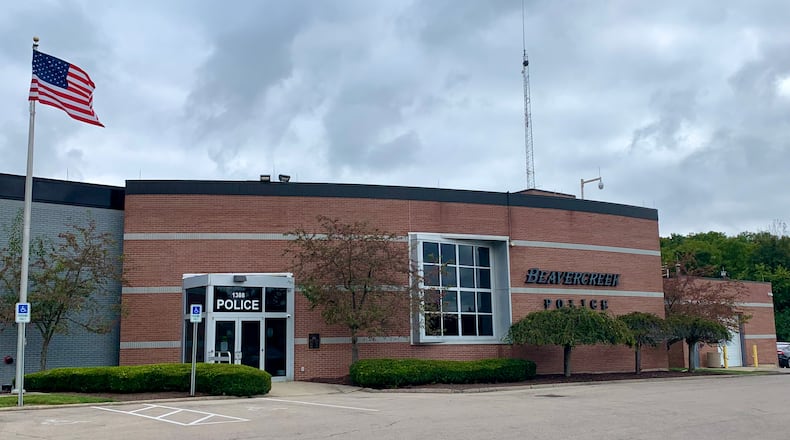The 2.5-mill option comes as the police department has outgrown its existing building, officials said, and is looking to build in a more centralized location for better security and response times. The city is also seeking to hire more officers, as the city’s population and demands for service continue to increase. In 2021, Beavercreek police officers responded to over 40,000 calls, a 42% increase since 2015, according to city data.
Voters also will consider a 2.15-mill street levy, which would allow the city to increase service levels and hire five new employees. The proposed measure, beginning in 2023, would raise property taxes by $75.25 per $100,000 of home value.
Beavercreek’s Public Service Division maintains 577 lane miles of streets across nearly 28 square miles across the city, and the number of city employees has not kept up with Beavercreek’s population growth, which has jumped 22% in the last 20 years, according to city data.
Previous city efforts to pass an income tax have been rejected by residents. Mayor Bob Stone said this summer that Beavercreek is seeking funding for more workers after receiving complaints about city streets and parks.
“When we proposed the income tax, that was the level of service that the people wanted,” Stone said, referring to some residents’ requests. “The people have decided they would rather fund the city in a different route, so we are keeping pace with what we’ve said all along that we needed.”
Members of Beavercreek Tax Busters, which opposed the income tax measure in May, said that they are neither for or against the property tax levies, but called on voters to make educated, data-driven decisions.
“Our position has always been that levies are preferable to income taxes, because with levies, the voters have a chance to vote on a particular tax,” said Tony Corvo of Tax Busters. “There’s a police and a street levy: both of those are proper functions of government. Here’s a chance for voters to use their power to either approve or disapprove of what their local government is doing with their money.”
The last time a police levy and a street levy were passed in Beavercreek was 2014 and 2016, respectively.
About the Author

